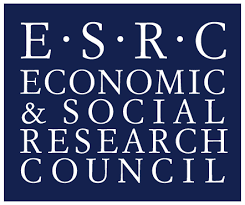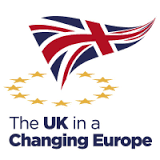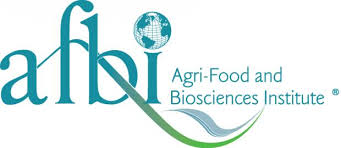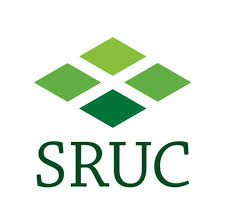Objectives
Our main objective is to estimate the possible effects of new trade and domestic policy alternatives on UK agriculture using an existing neoclassical multi-region computable general equilibrium (CGE-GTAP) model and a partial (sector) equilibrium model (UK FAPRI). We use both approaches for a limited range of potential policy scenarios, to provide sector-wide economic estimates of the possible consequences of Brexit (e.g. supply, demand, prices, exports, imports and economic welfare). Consequently, we will disaggregate sectoral projections using farm-level models to assess impacts of Brexit scenarios on production decisions and farm household incomes. As in the sectoral modelling, we will employ two modelling frameworks to estimate welfare effects among holdings across UK countries and within major farm types. We will also explore how to reconcile and interpret the macro, sector and farm level results, and their implications for UK agricultural policy development post Brexit.
The project has six specific objectives:
- To develop UK Agricultural Policy (UKAP) scenarios following Brexit through consultation and engagement with relevant stakeholders;
- To apply and compare general and partial equilibrium models in providing aggregate projections of the impacts of these scenarios on UK agriculture at the sector level.
- To assess the impacts of UKAP scenarios on farm production decisions and financial performance across the distribution of holdings within major farm types in the UK.
- To explore the effects of UKAP scenarios on the welfare of farm households in ‘vulnerable’ segments of the farming population.
- To reconcile and interpret the macro, sector and farm level results, and their implications for UKAP development post Brexit.
- To disseminate the research outcomes to policy makers and those most affected: industry, farmers and farmers’ organisations, and also the general public (outlined separately in Pathways to Impact)





